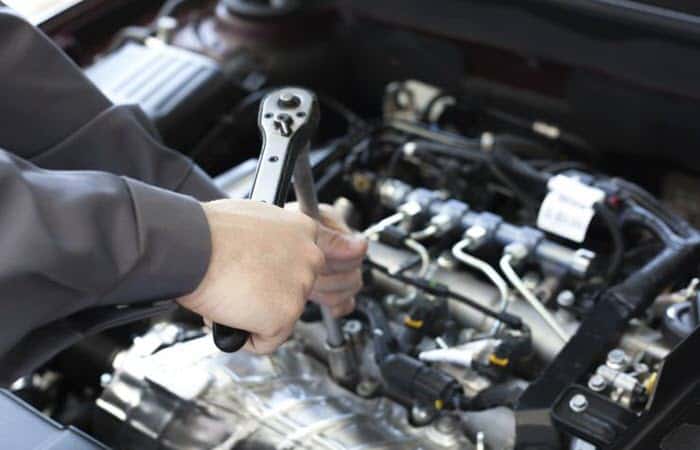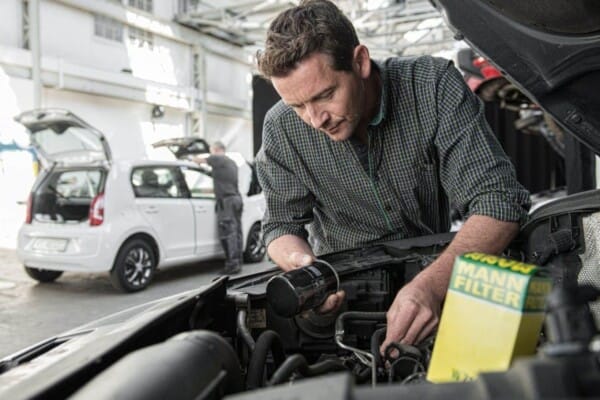If you’re a new car owner, hearing that your car needs to undergo an engine tune-up can be overwhelming, particularly if you haven’t heard of that term yet. The truth, however, is that engine tune-ups are part of a car’s routine scheduled maintenance. It’s basic and it’s something that shouldn’t stress you out.
What’s Involved in a Tune-Up?
Technically speaking, a car tuneup isn’t really new. It’s an outdated service wherein parts of the car are replaced to ensure the vehicle’s maximum efficiency and performance.
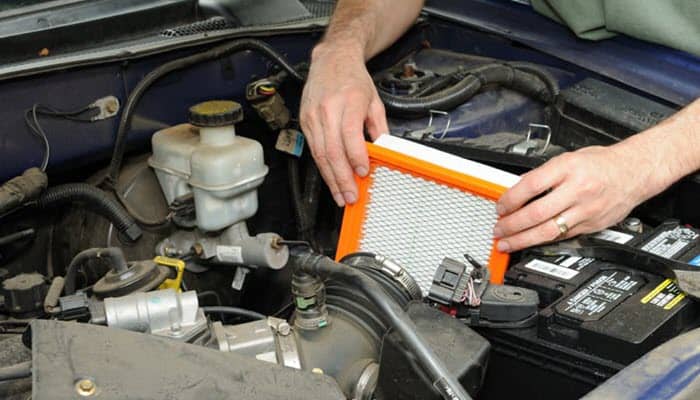
A modern tuneup, however, includes cabin air replacements and new spark plugs. The two are part of your car’s maintenance schedule. You can think of it as something similar to the schedule you do in getting an oil change or checking your tire’s
Now, why those two?
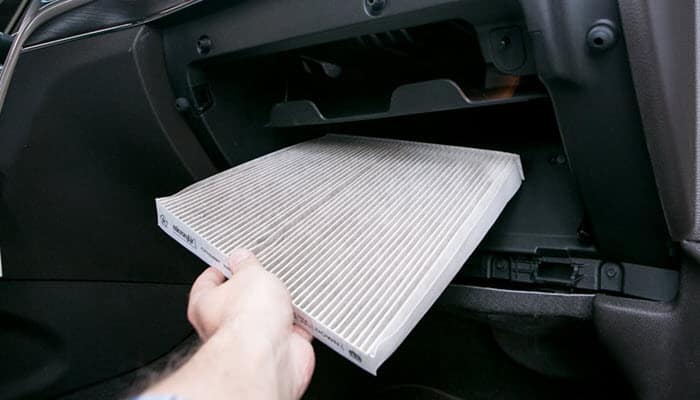
Cabin filters aren’t that critical to your car engine’s performance. However, since they can get clogged and create a really poor airflow to the dashboard vents, they need to be checked and changed on a regular basis.
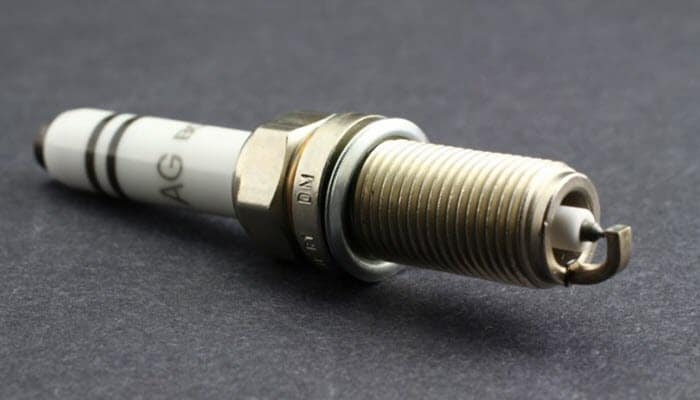
Spark plugs, on the other hand, are present on all vehicles. They typically require replacements every 100,000 miles. Failure to replace them can create a lot of problems in your car.
In addition to those two parts, there are modern vehicles that still require certain items to be taken care of routinely.
The list includes the myriad of fluids that are necessary for a car to run, like the transmission fluid, engine oil, and coolant.
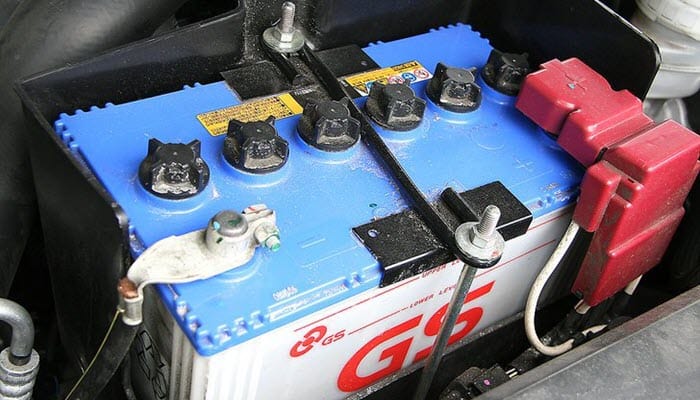
Your car’s battery, as well as the surrounding area, should also be assessed during the routine tune-up. The mechanic should check the life and condition of the battery and if there’s any presence of battery acid around the hardware.
Your car’s belts and hoses should be inspected as well. Your mechanic should make sure that the clamps holding the hoses in place are intact and secure. The same applies to the belts. They shouldn’t display any splitting or cracking. If there are defects in the belts, they should be replaced before they even snap and get broken.
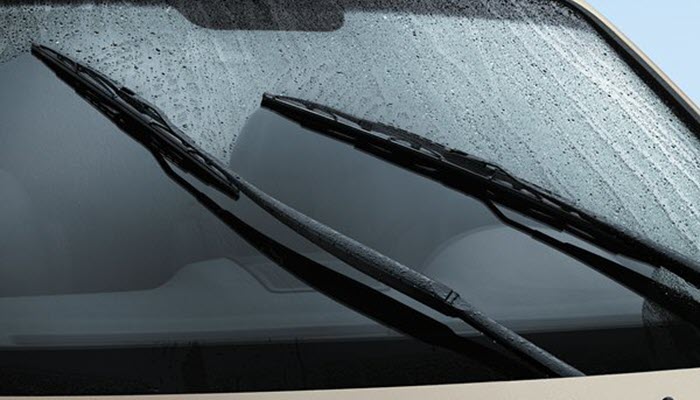
Don’t forget your windshield wiper during the tune-up. You wouldn’t want to deal with the annoying squeak of malfunctioning wipers when it rains. Apart from that, be sure to have your mechanic top off the wiper’s fluid. It’ll help you keep your windshield clean and sparkling with just a press of a button.
Your tail lights, headlights, brake lights, and blinkers are essential parts your mechanic shouldn’t miss as well. They need to be functioning well when you’re driving to avoid accidents and problems.
Signs Your Car Needs A Tune-Up
Just like going to a doctor, the first thing that your mechanic will ask you are the changes in the way your car runs that prompted you to ask for a tune-up. In most cases, the following signs and symptoms may suggest that a tune-up is necessary:
Engine Deposits
This is frequently caused by contaminated or low-quality gasoline creating problems with the drivability of your car. The best way to solve that is to do a fuel system cleaning.
Clogged Engine Air Filter
This often results in a small but steady loss of performance. If not addressed right away, it will leave you with a car running like a turtle.
Misfiring Engine
A worn out or fouled spark plug typically causes engines to misfire. Additionally, bad spark plugs can also cause slugging acceleration and hard starting.
Low Fuel Economy
If you’re experiencing reaching fewer miles per gallon, there’s probably something wrong with your spark plug or your air filter is already clogged and dirty. If you notice that the low fuel economy appears with an odd sound, consider scheduling a tuneup right away.
Check Engine Light Turns On
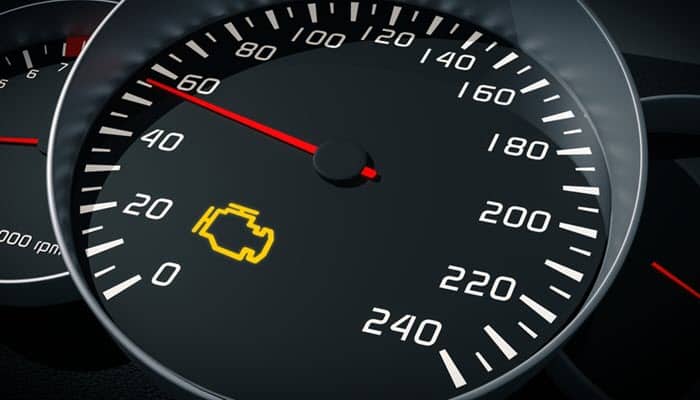
Before you panic, a check engine light doesn’t really mean that there’s something wrong with your car. There are actually a handful of reasons why it would turn on. In some cases, it’s simply caused by a faulty gas cap.
Now, if you notice that the light is flashing, you should consider taking your car to a repair shop soon. It’s usually an indication of something malfunctioning in the system.
Unusual Sounds
A transmission grinding or engine clunking are hard to miss. If you notice any unusual sound in your car and you can’t find where it’s coming from, visit a repair shop.
How Much Does A Tune-Up Cost?
Typically, a minimal car tune-up can cost you around $40 to $150. If you are looking for a more standard tune-up, prepare as much as $200 to $800. That price includes the cost of replacing the wires, rotor, spark plugs, fuel filter, air filter, changing the oil, and inspection of the car’s systems.
Apart from the cost of the tune-up, expect to pay a small fee for the hourly labor rate of the mechanic. It typically costs between $40 to $90 in repair shops and about $80 to $150 at dealerships.
The prices mentioned can change depending on the location, the parts that need replacement, as well as the required hourly labor rate.
Before you get your car opened and checked, it’s best to ask for the estimated cost of the tune-up. This is to make sure that you don’t end up getting surprised by the total cost you have to pay. Don’t hesitate to ask about discounts as well.
Also, be involved as much as possible. Even if you’re new to owning a car, it doesn’t mean that you can rely completely on your mechanic or repair shop. You can’t expect everyone to be honest with you all the time.
Conclusion
Getting a car tune-up is necessary whether you own a new or used car. It’s a basic part of your car’s routine maintenance. As a new car owner, you should have a clear idea of what a tune-up is, what is involved in the process, how much it costs, and what you can expect after. It also a good idea to be aware of how your car runs as much as possible. That way, you’ll be able to recognize the signs that your car requires a tune-up.

